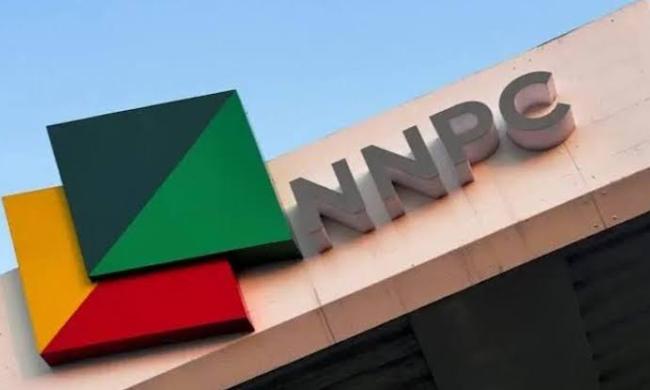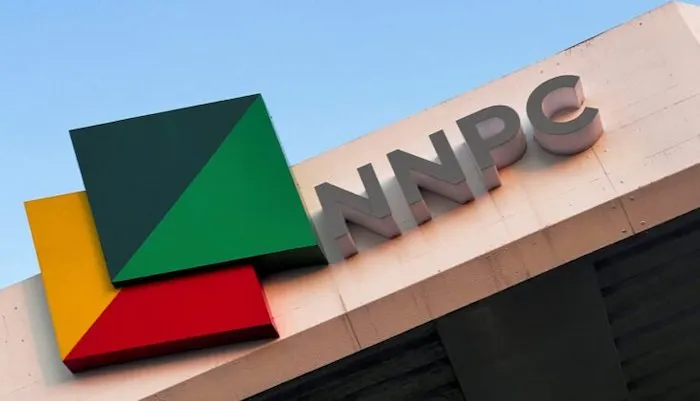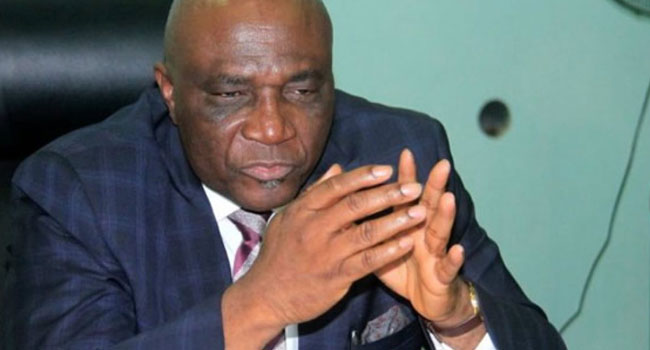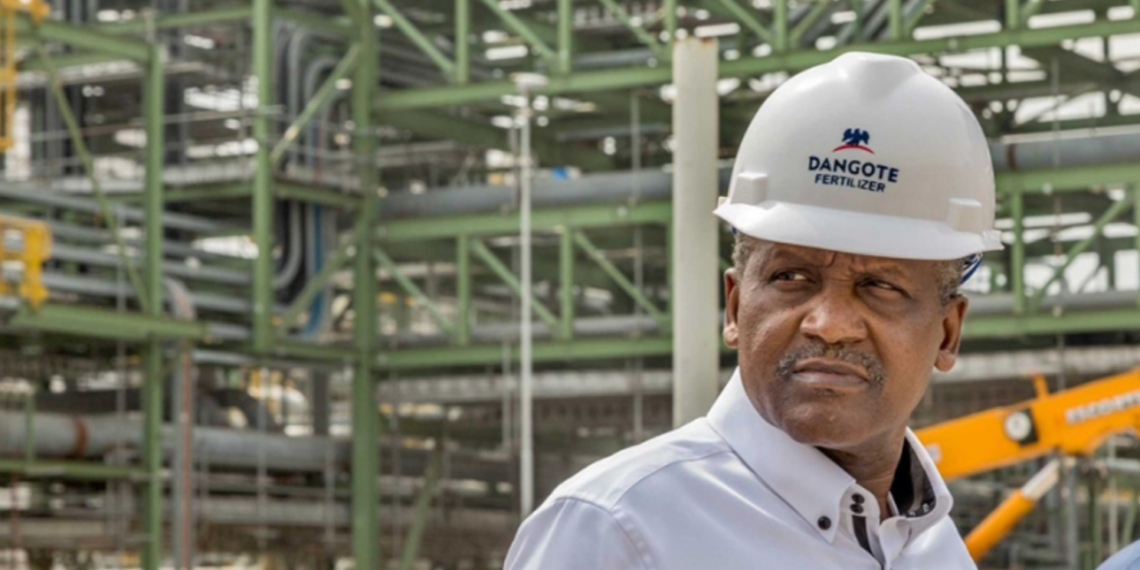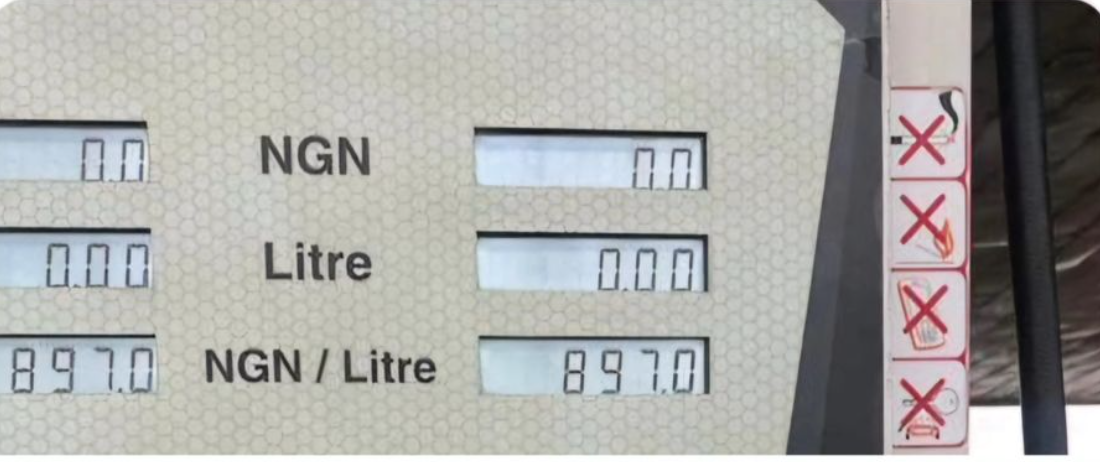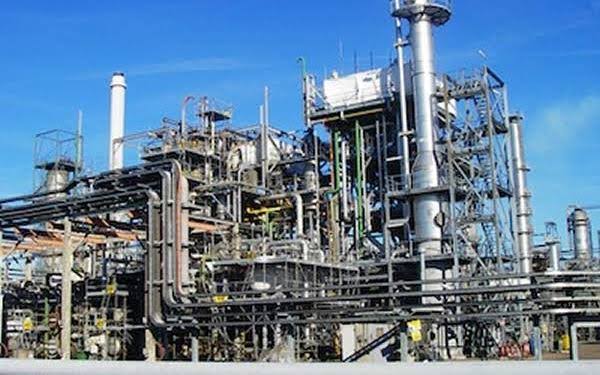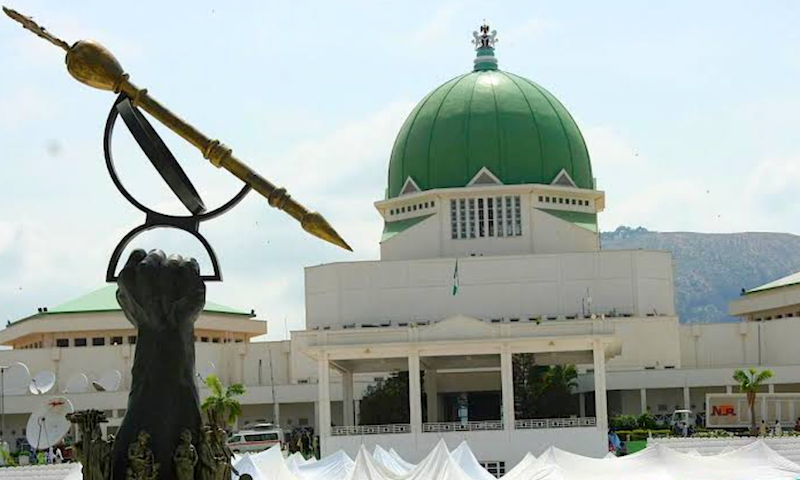Some energy stakeholders have berated the Nigerian National Petroleum Company Ltd. (NNPCL) over delay in getting the Port Harcourt Refinery operational, to address recurrent fuel scarcity and price hike.
The stakeholders spoke to NAN on Wednesday in Abuja against the backdrop of the unending fuel queues at filling stations across the country and the increase in price of petrol.
Dr Orji Ogbonnaya Orji, the Executive Secretary, Nigeria Extractive Industries Transparency Initiative (NEITI), faulted the NNPC Ltd. for failure to update the public on the exact status of the refinery.
Recall that the NNPC Ltd. had postponed the much anticipated commencement of the Port Harcourt refinery for six times.
This had raised concerns about local production of petroleum products, particularly Premium Motor Spirit (PMS), to meet the needs of Nigerians.
Initially slated to commence operations in 2021, the refinery’s commencement had faced multiple delays, making Nigerians to raise concern on the actual position of the refinery..
In December 2023, NNPC Ltd. claimed it had achieved the mechanical completion of rehabilitation work on Area 5 Plant of the refining company and slated its production resumption for Jan. 2024.
The January date also turned out a mirage, with each postponement attributed to various technical, financial, and logistical challenges
Recently, the NNPC Ltd. said its primary producing unit called Close Distillation Unit (CDU) was working, and would be getting off-spec production in days.
Specifically, the oil company said the refinery would come on stream and its oil production would be fit for distribution after certification by the Nigerian Midstream and Downstream Petroleum Regulatory Authority (NMDPRA) in September.
Oriji underscored the need for consistent and clear updates on the refinery’s progress to foster trust and manage public expectations.
He assured that NEITI would update Nigerians on the rehabilitation of the refinery and the cost in its ongoing 2022/2023 industry report to be published in September,
According to him, the previous NEITI reports revealed that N200 billion has been expended between 2020 and 2021 on the turnaround maintenance of the refinery during the period.
Orji recalled that he led a team which included officials of NEITI and the Civil Society Organisations (CSOs), as well as media representatives on assessment tour of the refinery in April.
“For us in NEITI, we do not depend on speculation, rather we depend on data.
“Our last report showed that over N200 billion was spent on the refinery and it hasn’t started working, so we decided to embark on the trip.
“From our assessment, impressive work was going on in the refinery. There was an issue of test running of which the NNPC Ltd. described as a painstaking exercise,” he said .
Dr Benjamin Tamaramiebi, the National President, Host Communities of Nigeria Producing Oil and Gas (HOSTCOM) also expressed dissatisfaction with the NNPC Ltd. on its handling of the Port Harcourt refinery repairs.
He decried the situation whereby Nigeria, for more than 25 years, had been importing fuel, adding, “its high time it stopped”.
Tamaramiebi called for concerted efforts and commitments to ensure that the refinery become operational.
He also underscored the need for the government to encourage and support the Dangote Refinery to start refining in order to stop importation of the product.
Speaking in the same vein, Dr Sand Mba-Kalu, an Economic Expert underscored the need for clear, regular updates on the progress of the refinery’s rehabilitation to foster public trust.
Mba-Kalu, the Executive Director, Africa International Trade and Commerce Research, said swift action was required to ensure timely completion of the rehabilitation of the refinery.
“The government and NNPC Ltd. seem not to be telling Nigerians the truth about the refinery,
“The shortage and high cost of petroleum products continue to burden households and businesses nationwide.
“The delay has stifled potential economic growth, job creation, and industrial development that could have stemmed from a fully operational refinery,’’ he said.
The expert said effective management of resources was crucial to guarantee the long-term viability and efficiency of the refinery.
He added that immediate measures should be implemented to mitigate the high cost and scarcity of fuel to ease the burden on Nigerians.
According to him, the development of additional refineries and a comprehensive strategy for the petroleum sector is essential for future stability and growth.
A business man, Mr Akinola Oladapo lamented how the high price of fuel had stalled his business, adding that Nigerians were tired of the inconsistency of the NNPC Ltd. on the refinery’s commencement date.
“it looks as if the management of the NNPC Ltd. is not sincere with Nigerians.
“Nevertheless, they have set September for the refinery to start production. Let’s see if its the usual games they play or they are serious this time.
“But one thing is clear; you can’t take Nigerians for a ride for too long,” he said.
Located at Alesa Eleme, the Port Harcourt, complex operates two oil refineries, including an old plant commissioned in 1965 that can process 60,000 barrels per day, and the new plant commissioned in 1989, which has a capacity of 150,000 barrels per day.
